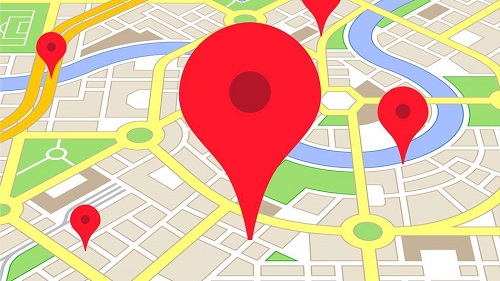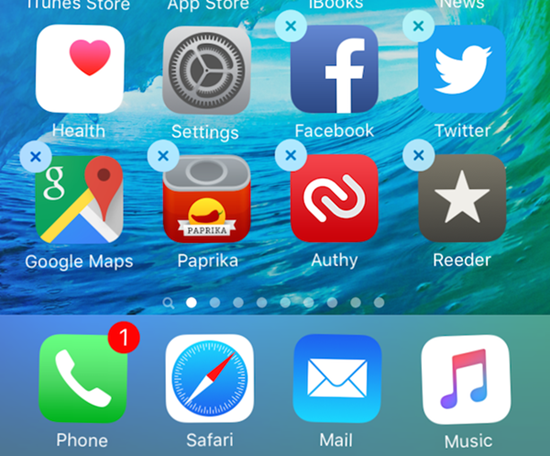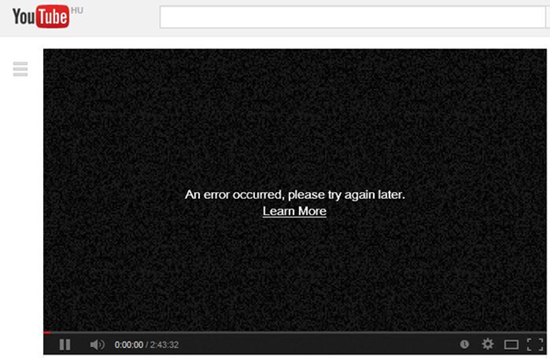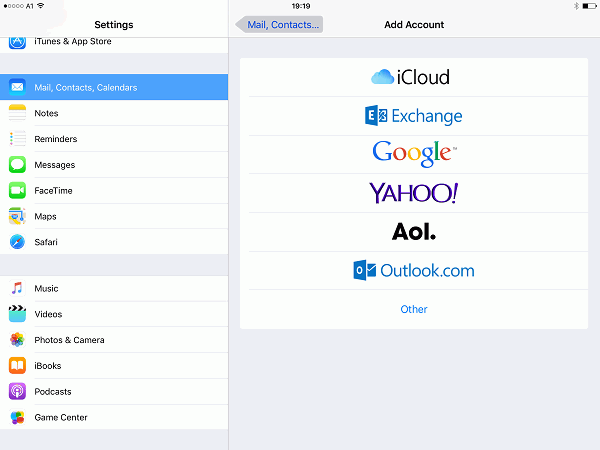Things You Can't Google
Google is one of the largest publishers in the world, but it's also one of the biggest censors. Some censorship is expected – the company doesn't want its platform to be hijacked for other people's ends. But the scale of Google's censorship efforts has some people alarmed.
Auto Incomplete
Google's autocomplete feature tries to work out what you are going to search for before you've finished typing it. This enables users to shave literal seconds off the time it takes them to begin their search. At the same time, it makes Google look exceedingly clever.
Naturally, there are some terms that Google has censored – profanity, for example. And if you want to search for more, let's say, 'specialist' videos, Google isn't going to autocomplete your fetish for you. However, some of the terms that appear to be blacklisted have left users perplexed.
Words like 'bisexual', 'trans', and even ‘clitoris' seem to be included in the blacklist and there are no autocomplete suggestions for them. These autocomplete searches aren't just time-savers - they also show what other people have been searching for and can, therefore, be used to influence users' thoughts and behavior.

Map Madness
Google Maps is one of Google's best products, hands-down. Having a GPS built into your smartphone makes it easy to navigate the world. Coupled with Google Earth and Google Street View, users can explore the entirety of the globe from their devices.
Of course, not everyone is thrilled about this. Many people have gone to great lengths to avoid their details making their way onto the wider internet, only for a Google Street View Car to roll past and photograph them.
To be fair, there are many properties that the search engine giant has removed from Google Earth and Google Street View, sometimes at the owner's request. In some cases, the properties included military installations, and it would be problematic to have their satellite images free for anyone to access.

YouTube
YouTube enables users to report any videos that contain inappropriate content so that they can be reviewed by Google's staff, who will then decide if they violate Google's ToS. Simple, right? Well, no.
According to a report by Gizmodo, there is no discernible rhyme or reason to Google's censorship – the system simply doesn't work well at all, at it looks like as if it's run by an algorithm instead of human beings.

Account Blocks
Over the years, Google has introduced a variety of new services its users can take advantage of. These have gradually been consolidated into a single platform and Google users can access any of the company's products from a single place. This is fantastic from a convenience perspective, but it's also the digital equivalent of putting all your eggs in one basket.
If Google decides that you have fallen foul of its byzantine ToS agreement, it can set the basket on fire and then stamp on all your eggs at once. Incurring a Google ban, regardless of the underlying cause, can have serious repercussions for those who rely upon Google's products professionally.
In fact, Google's ToS basically say that they can "stop providing Services to you … at any time." So, technically, you don't even need to do anything wrong in order to get banned.
The Only Good News Is No News
Google News is a news aggregation service that pulls together stories from a multitude of different sources. Users can tell the app which sources they like and which ones they don't. Over time, Google News will reliably bring up the headlines most relevant to the user while leaving the less relevant ones buried at the bottom.
Unfortunately, without any human guidance, Google News has been known to throw up articles from places like Breitbart. In theory, the user is able to guide the app and decide what sort of content they want to see. However, in 2014, Google suddenly withdrew its News App from Spain after a new law was passed that would have required Google to pay news sources for scraping their content. Google's withdrawal led to a significant drop in traffic to Spanish news sources from the app.
With Friends Like These…
Much to the chagrin of its employees, Google has worked tirelessly in recent years to ensure that mommy and daddy, more commonly known as Russia and China, are happy with their work. Like many other US businesses that above all seem to value money, Google has tailored its products for more authoritarian markets, scrubbing results to comply with local censorship laws.
The Russian state media and communications bureau – Roskomnadzor – maintains a blacklist of websites that Russian ISPs are required to block. The blacklist contains websites that deal in pornography, weapons, and drugs. But it has also increasingly been used to remove access to websites considered damaging to the Russian government.
"We're committed to enabling access to information for the benefit of our users in Russia and around the world," said a Google spokesperson. Not long after, an employee revolt forced them to shelve plans for a CPC-friendly version of their search engine for the Chinese market.
Like other US businesses, Google is drunk on the market expansion. The thought of reaching an extra billion people is too tempting, even if it means contributing to the oppression of people and, in some cases, the annihilation of their cultures. Whether for their own benefit or for the benefit of local governments, Google is all too happy to enact censorship to protect its brand and profits.























